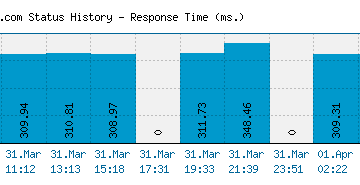Understanding the Impact of AI in Today’s Society
Introduction
The discussion surrounding Artificial Intelligence (AI) has gained unprecedented momentum over the past few years. As AI technologies permeate various sectors—from healthcare to finance—understanding its implications has never been more critical. With the global AI market projected to reach $390.9 billion by 2025, it is vital to explore how AI is reshaping our world and what it means for the future of employment, privacy, and ethics.
The Current Landscape of AI
Currently, AI applications are being leveraged in numerous ways. In healthcare, AI systems are enhancing diagnostics, predicting patient outcomes, and personalising treatment plans. For instance, AI algorithms can analyse medical imaging, potentially increasing the accuracy of disease detection and significantly reducing the time taken for diagnosis.
In the financial sector, AI is being used to improve fraud detection, automate trading strategies, and provide personalised financial advice. In the retail industry, companies are employing AI to optimise supply chains, enhance customer service through chatbots, and offer tailored shopping experiences based on consumer behaviour.
Challenges and Concerns
Despite its advantages, the rise of AI brings various challenges. Chief among these is the concern regarding job displacement due to automation; many fear that traditional roles will become obsolete, leading to increased unemployment rates. Furthermore, ethical issues surrounding data privacy and algorithmic bias raise important questions about accountability and transparency in AI systems. In recent months, discussions about the regulation and governance of AI technologies have gained traction, with calls for frameworks that can ensure ethical deployment.
The Future of AI
Looking ahead, experts predict that AI will continue to evolve, driven by advancements in machine learning and deep learning. As AI becomes more sophisticated, its integration into our daily lives will deepen, making it essential for society to adapt to these changes. Educational institutions are already revising curricula to prepare future generations for a workforce where AI literacy is increasingly crucial.
Conclusion
In summary, AI is not just a fleeting trend, but a transformative force that is reshaping various aspects of modern society. As we harness its potential, it is imperative that we also address the ethical and social concerns that arise. By fostering open dialogue and proactive policy-making, we can navigate the complexities of AI, ensuring it benefits humanity while mitigating associated risks.









